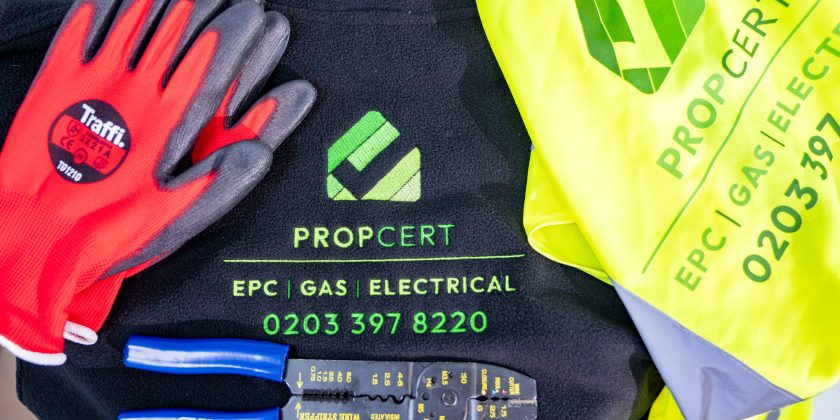The energy price cap was introduced on 1 January 2019 by the Office of Gas and Electricity Markets (Ofgem) to stop households from paying more than they should for gas and electricity.
The energy price cap will end on 30 September 2022 and be replaced by the government’s Energy Price Guarantee. This will limit the annual bill for a household with typical consumption levels to £2,500 over the next two years.
According to reports , without the government’s Energy Price Guarantee the energy bill price cap was set to rise from £1,971 to £3,549. This is the equivalent of an 80% increase.
Landlords who make the appropriate alterations to their homes will receive a higher Energy Performance Certificate (EPC) rating and further reduce their energy bills.
Changes to energy bills in England
The government’s Energy Price Guarantee will cap the amount energy companies can charge for gas and electricity. It also caps the standing charges.
Prime minister Liz Truss has agreed to freeze average energy bills at £2,500 a year to help households during a time where gas and electricity bills are soaring.
The £400 reduction in electricity bills that will run between October to March 2023 will still go ahead. The figure has been set higher than the £1,971 price cap as the £400 rebate that starts next month has been taken into consideration.
With wholesale prices at an all-time high, the government price cap offers a solution that caps tariffs and prevents households from paying excessive rates. Households in England will benefit from the Energy Price Guarantee, and similar levels of support will also be made available to households in Northern Ireland.
Households are estimated to save approximately £1,000 a year in energy bills in addition to the £400 rebate.
Although not confirmed in detail just yet, the government website insists that businesses and public sector organisations will see equivalent support over the winter.
How can prices be lowered in the long term?
Local authorities, councils, large commercial landlords, and housing associations that ensure the homes they provide are energy efficient will be able to lower energy bill prices in the long term.
According to OVO energy , the average home consumes 12,000 kilowatt hours (kWh) of gas and 2,900 kWh of electricity a year. Depending on the type and size of property, this can also vary.
Energy Performance Certificates include information on what the energy efficiency rating could be if you made the recommended improvements. It also covers how much these changes they will cost and how much you could save on energy.
By ensuring that you have an up-to-date EPC that reflects any changes that have been made to the home, local authorities, councils, large commercial landlords, and housing associations can be sure that the homes they provide support efficient energy use.
With the government stepping in to make energy bills more affordable, local authorities, councils, large commercial landlords and housing associations are urged to also do their part.
Those who take the time to add more energy-efficient appliances and installations to their property portfolios will lower consumption for the occupiers and tenants, helping them to reduce their energy bills in the long term.
Here at Propcert, we are a nationwide provider of property services including Energy Performance Certificates, Electrical Installation Condition Reports, Asbestos Surveys, Fire Risk Assessments and more.
For a full list of services please click here and contact us here for any more information on what we provide.



